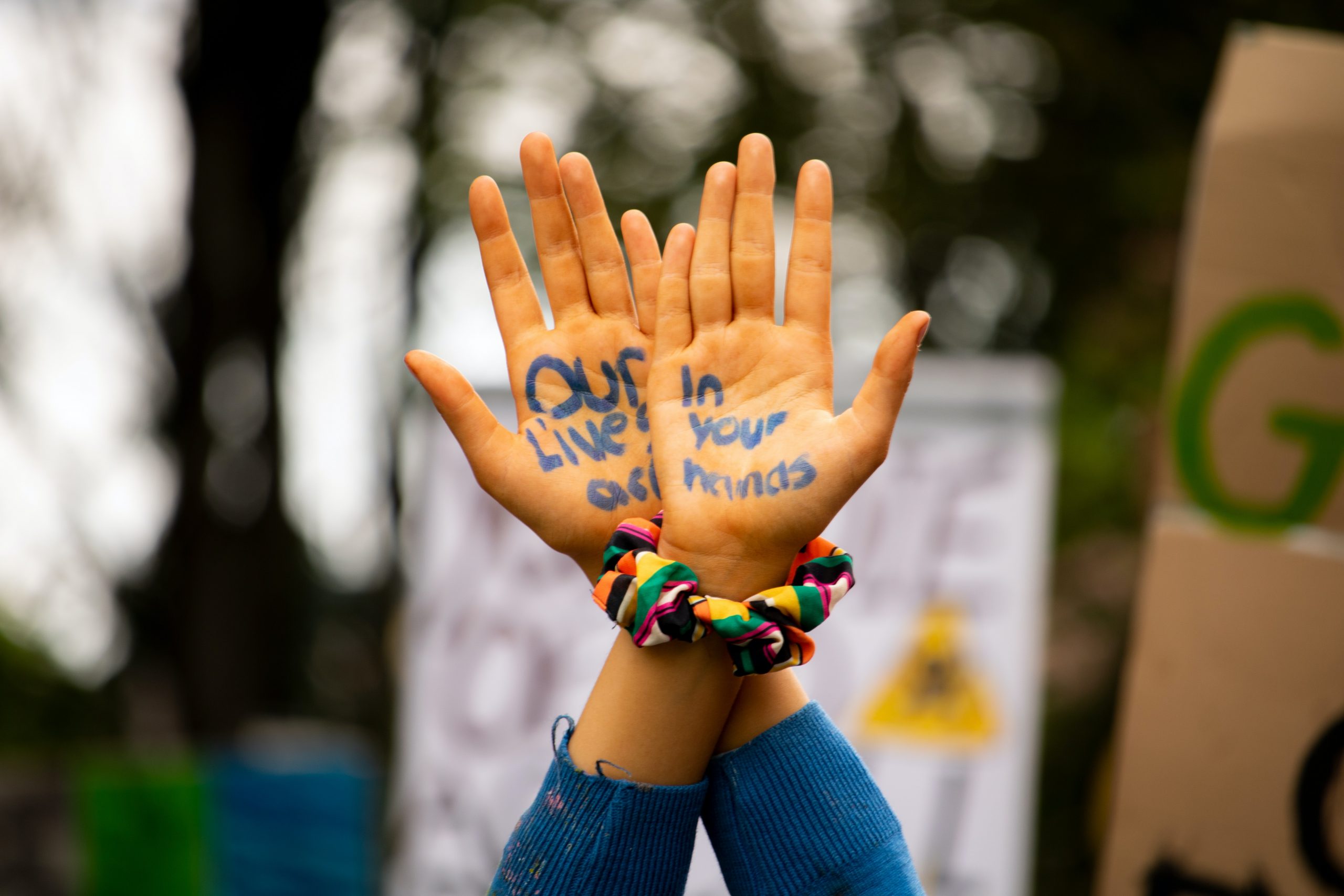We all felt something when the COVID-19 pandemic first made headway in 2020. In the subsequent months, people oscillated between fear, anger, denial, sadness, and anxiety. These emotions seemingly affected everyone around the planet- there was a sense of a universal shared experience amid the chaos.
This phenomenon is known as collective trauma, and this kind of trauma isn’t easily understood. Furthermore, healing from these difficult experiences can be challenging. Here’s what you need to know.
What Is Collective Trauma?
When we talk about trauma, we often refer to the specific incidents that affect an individual’s well-being. But collective trauma refers to traumatic experiences that impact entire groups of communities or societies.
Some examples of collective trauma include:
- wars
- natural disasters
- community crises (violence, school shootings)
- pandemics like COVID-19
- financial disasters (recessions, hyperinflation, severe property)
- systemic oppression
These traumas leave lasting imprints on entire groups of people. The aftermath may be experienced for numerous generations. Furthermore, many of these traumas prompt influential societal responses and policy changes (both negatively and positively).
What Happens as a Result of Collective Trauma?
Collective trauma can correspond with higher rates of mental illnesses like anxiety, depression, substance use disorders, and PTSD. In addition, people with preexisting conditions may notice their symptoms worsening during this time. This impact can last for several months or years.
Anxiety
Anxiety tends to be one of the main responses associated with collective trauma. People may seemingly engage in irrational behaviors when faced with distress (i.e. hoarding toilet paper).
The anxiety emerges from feeling powerless and uncertain. Furthermore, anxiety can seemingly be contagious. If everyone else feels afraid of something happening, it makes sense that their fear might impact you, too!
Hopelessness
Collective trauma may elicit a sense of hopelessness among certain groups. This feeling tends to be prevalent in cases of severe oppression or catastrophic loss. It’s challenging to feel optimistic when it seems like the world is against you.
Furthermore, even efforts in the right direction may result in skepticism or doubt. It’s hard to trust that someone might have good motives when discrimination has been so rampant.
Kindness
Many people who have experienced natural disasters know this impact. After a serious trauma, there is a sense of “community bonding” that prevails through the ravaged neighborhoods. Research confirms this kindness effect, citing that people tend to be more compassionate, forgiving, and helpful during these vulnerable times.
Concrete Changes
In some cases, collective trauma results in policy changes, new laws, or significant societal reactions. For instance, most people recognize how much air travel has changed since 9/11.
However, at times, the lack of necessary, prosocial changes can be just as frustrating. People may feel desperate for a response- only to be met with silence or invalidating statements related to hoping that things will get better.
How to Cope with Collective Trauma
Coping with trauma isn’t easy, but there are ways to support yourself and your loved ones during this vulnerable time. Here are some considerations to keep in mind.
Avoid Isolation
Stay connected to people who understand your shared experience. Lean on them for support, laughter, and reassurance.
Even if you feel scared or depressed, isolation rarely improves those emotions. If certain people exacerbate difficult feelings, limit your interactions with them.
Ground Yourself With Routine
We often feel stressed when life feels unpredictable. Trauma, of course, disrupts your normal level of functioning. Depending on the circumstances, you may feel like your entire life has been turned inside-out.
Try to stick to some semblance of a routine as best you can. It may be as simple as waking up at the same time every morning or brushing your teeth each day. Even if it isn’t all in your control, knowing what to expect next can keep you feeling more calm and empowered.
Stay Present
Try to avoid the temptation of escaping your feelings. Drugs, alcohol, and food may provide temporary relief.
However, these numbing strategies only provide brief relief. They don’t fix your problems or improve difficult mental health symptoms.
Instead, focus on staying present with yourself and your situation. Write down your feelings. Talk about how you’re struggling with a trusted friend. Meditate more often.
Engage in Community Activism
Get involved with rebuilding, advocating, or strengthening your community’s well-being. All levels of support matter- even if you can only contribute a few dollars or minutes of your time.
This engagement fosters a sense of communal resilience. It also redirects your efforts into being an active part of the solution.
What If You’re Still Struggling?
Healing from collective trauma can be a complex, reflective process. The change doesn’t happen overnight, and ongoing stressors can make recovery challenging.
Therapy offers space for emotional expression with practical, future-focused solutions. You won’t forget what happened to you. However, you can learn to accept reality without the trauma defining your well-being. Contact me today to learn more.

